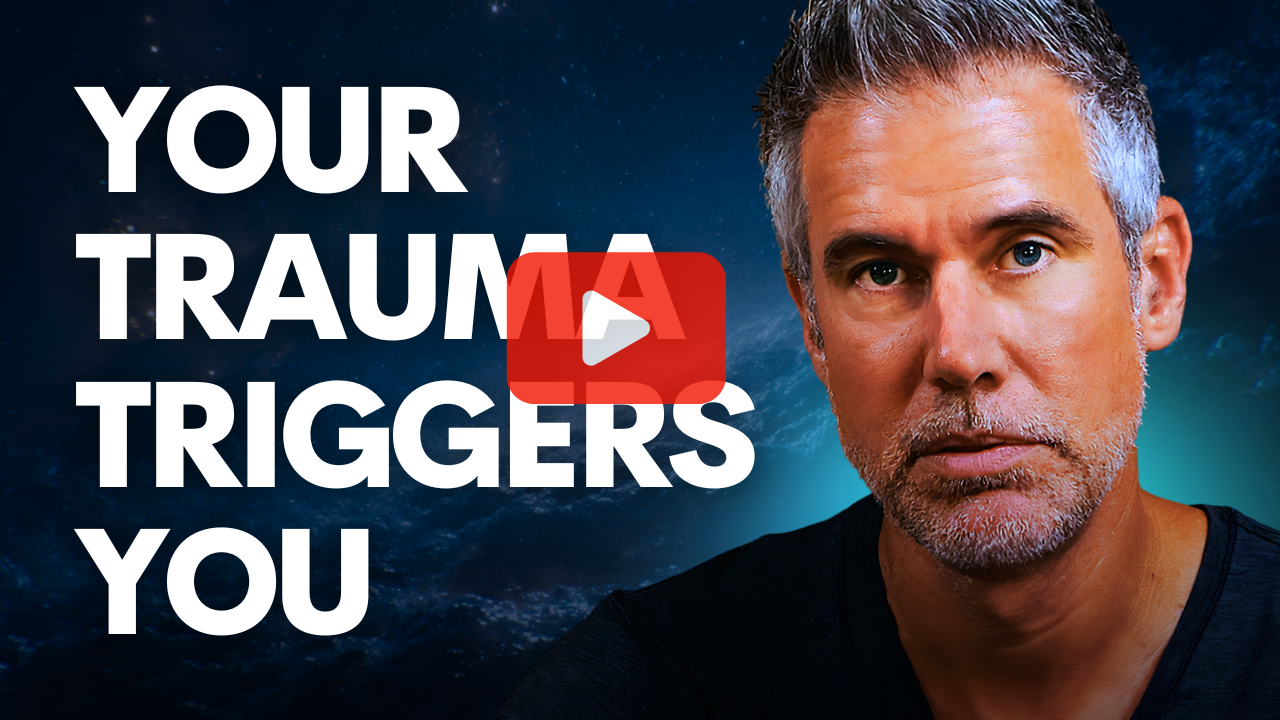Episode 140 – This Is Why Your Relationship Feels Unsafe
Subscribe on: APPLE PODCASTS | SPOTIFY | YOUTUBE | GOOGLE | RSS
Note: This blog post serves as an accompaniment to the corresponding podcast episode of A Changed Mind, where we’ll distill down the core ideas of this week’s theme, along with additional distinctions and insights. If you haven’t listened to the episode yet, you can go here to do so. Enjoy.
In this powerful episode of A Changed Mind, David Bayer explores the paradox of love—why something meant to heal and unite us often becomes a source of pain and conflict. Drawing from personal experience and deep psychological insights, Bayer explains that relationship struggles often stem not from incompatibility but from generational trauma and subconscious programming. Our romantic partners often mirror the exact wounds we are meant to heal, creating a dynamic where friction becomes an invitation for transformation rather than a sign of failure.
Bayer introduces the concept of “soul contracts,” suggesting that our relationships are divinely orchestrated to trigger the shadow aspects of our identity so we can become who we are truly meant to be. He breaks down the ancestral wounds of both women and men—women carrying fears of not being heard or safe due to historical abuse, and men struggling with the belief that they’re never enough. These unresolved emotional codes perpetuate reactive behaviors, often leading to what Bayer calls “hot potato dynamics”—the unconscious exchange of emotional pain and blame.
The path to healing begins with awareness, radical responsibility, and the commitment to presence over performance. Bayer urges couples to close the “back door” of divorce and create a container of loving presence where each partner can feel safe to show up with their trauma. By catching and gently setting down the emotional “hot potatoes,” we can transform pain into power and relationships into healing grounds. The episode ends with a message of hope: when one person commits to doing the inner work, it ripples outward—impacting not only the relationship but families and future generations.



